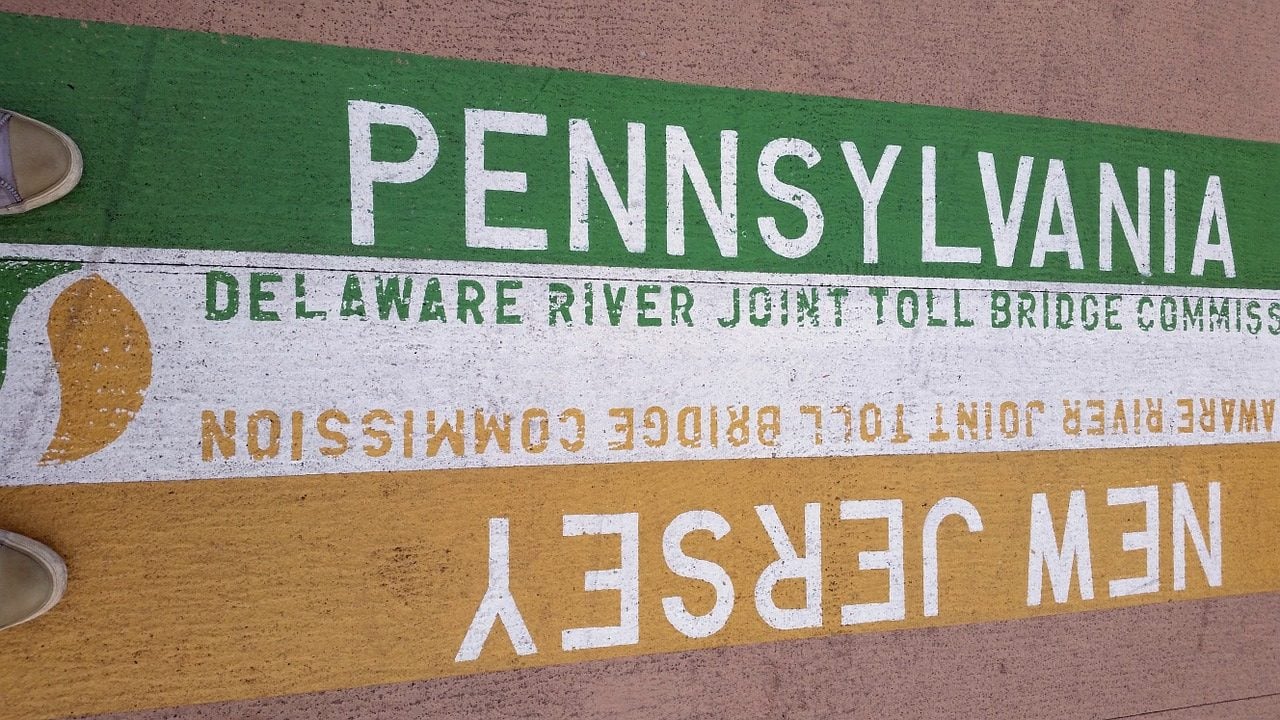
Can I Use My Medical Marijuana in Another State?
Thirty-three states and the District of Columbia have medical cannabis programs in effect, and more states—like Idaho—are considering 2020 ballot measures to implement their own programs. If so many states are accommodating to medical marijuana patients, it’s natural to wonder whether you can use your medical marijuana in another state. There are two important questions in play here.
- Can you purchase medical marijuana in another cannabis-friendly state using your MMJ card from your state?
- Can you take medical marijuana across state lines?
The answer to the first question is nuanced. The answer to the second question is more straightforward.
If you still have questions after reading this post, Green Health Docs can help. We offer medical marijuana card certification in numerous states, and our licensed physicians can answer all your questions and help you to get approved. Green Health Docs has clinics located in multiple states across the country, and GHD even offers telemedicine evaluations. Contact Green Health Docs today. Our knowledgeable reps are standing by.
Medical Marijuana Reciprocity
The concept of medical marijuana reciprocity is one state’s recognition of a patient’s medical cannabis card from another state. Let’s say that you have a Missouri medical marijuana card. You can travel to California and use your home state’s MMJ card to buy medical cannabis from a dispensary there – because California practices medical marijuana reciprocity.
There are many states that choose to recognize out-of-state marijuana certifications. If you’re visiting one of these reciprocal states, you can be spared from criminal liability if you show your card if stopped for possession—assuming that you’re carrying or using cannabis in accordance with that state’s laws.
States that accept out-of-state medical cannabis cards:
- Alaska
- Arizona
- Arkansas
- California
- Colorado
- Hawaii
- Maine
- Massachusetts
- Michigan
- Nevada
- New Hampshire
- Oklahoma
- Oregon
- Pennsylvania
- Rhode Island
- Washington
- Washington D.C.
Medical marijuana reciprocity states will also allow you, in many cases, to use your card to gain access to dispensaries and purchase your medication. Some states are more lenient about this than others. New Hampshire, for example, will protect you from criminal charges but will not allow you to purchase from dispensaries.
In states where you can purchase from dispensaries, it’s still at the discretion of the dispensary owner. This is why it’s a good idea to call the dispensary ahead of time and ask if they accept out-of-state MMJ cards.
Note that some of these states—like California, Colorado, and Nevada—are recreational-use states. In these states, you won’t be required to show your card unless the law restricts you from purchasing recreationally. For example, if you’re 18 years old and visiting a state where recreational use is limited to adults over 21, you’ll need to keep your card on hand.
Note also that purchasing out-of-state marijuana usually isn’t as simple as grabbing your card and strolling into a dispensary. You’ll usually be required to register as a patient in the visiting state and receive an out-of-state medical marijuana card. For example, if you’re traveling to Hawaii, you’ll need to complete an application and pay a $49.50 application fee within 60 days before visiting. You’ll then receive an electronic certification that allows you to purchase cannabis when you arrive.
Before you travel to another state, make sure to research all applicable medical marijuana reciprocity laws.
Apply for a Medical Marijuana Card Online Today
Join over 100,000 patients who have chosen Green Health Docs as their medical cannabis doctors. We have a 99% approval rate and offer a 100% money back guarantee!
Can You Take Your Medical Marijuana Across State Lines?
The simple answer is no, you can not take medical cannabis across state lines. Even if you’re traveling between two neighboring states that have legalized marijuana, it’s a federal crime to transport controlled substances across state lines. Because the DEA recognizes cannabis as a Schedule 1 drug, you would be in direct violation of the Controlled Substances Act.
Traveling by plane is especially problematic, as airport security is overseen by federal agents—the Transportation Security Administration. Though TSA agents aren’t looking for marijuana, they’re required to report it to authorities if they find it. In some cases, the authorities might just confiscate your medication and send you on your way. In other cases, you may face much more severe penalties. Your best bet is to just leave your medicine at home. If you’re lucky enough to be traveling to a state with medical marijuana reciprocity, you can purchase new medication when you arrive.
If you still don’t have medical marijuana certification, Green Health Docs can help. We offer medical marijuana card certification in numerous states, and our licensed physicians can help you to get approved. We have clinics located in multiple states across the country, and we even offer telemedicine evaluations. Contact us today to get started.
